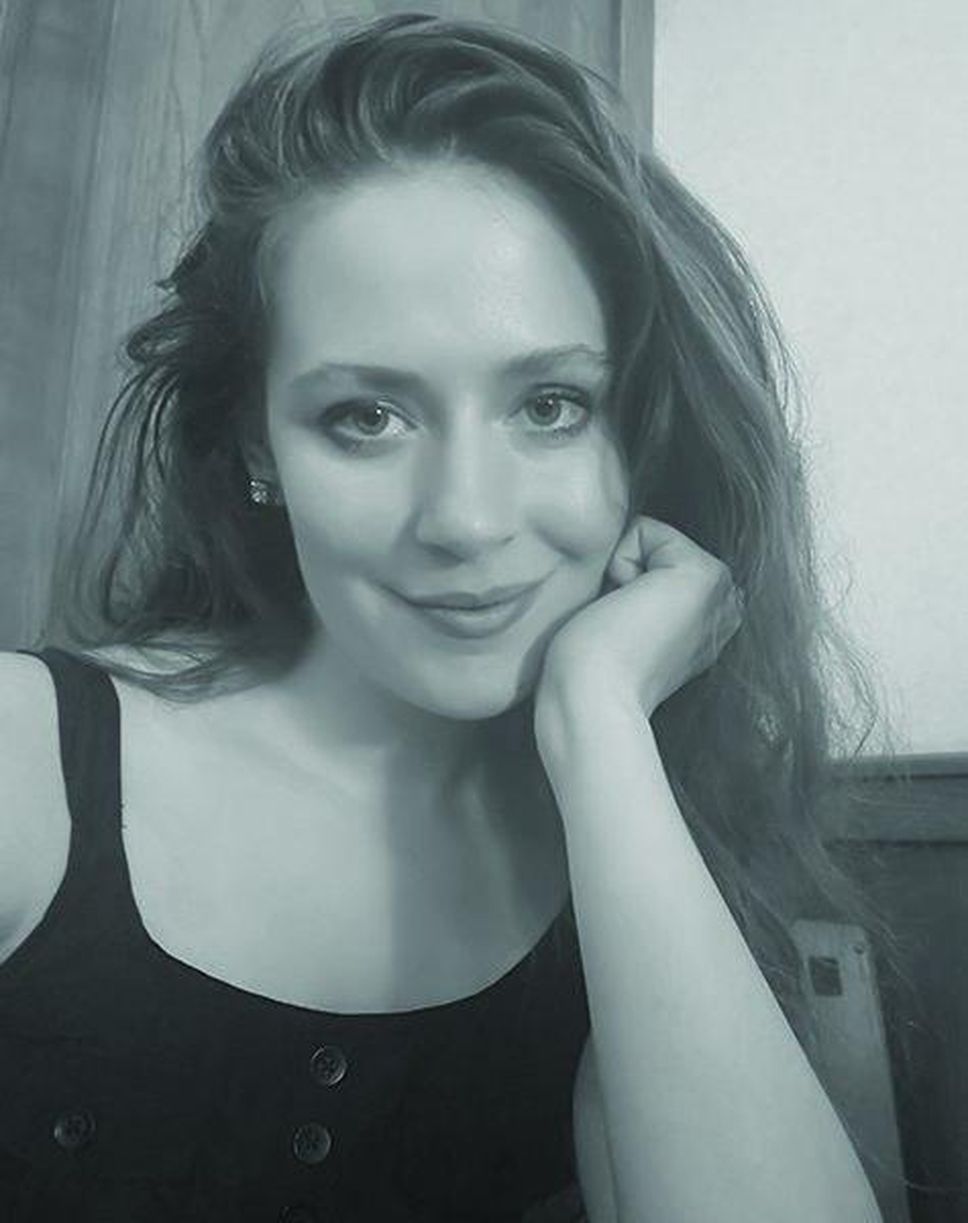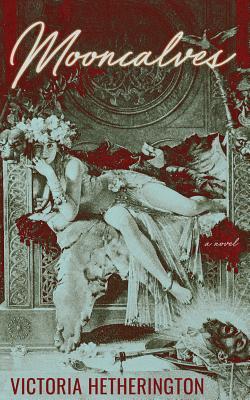We are so excited to announce a new addition to our team, Victoria Hetherington! Hetherington has been an Associate Fiction Editor at Broken Pencil for a year now, and joins as the new Fiction Editor this Fall. OF course, that does mean we must bid a loving and grateful goodbye to Sofia Mostaghimi, who served in the role for three years and is leaving to focus on writing her next novel (we can’t wait!). All things must change, though, and we are confident that Hetherington will step up to the challenge of leading BP’s fiction section and other projects. We caught up with her about her novel Mooncalves and to see what exciting things she’ll be bringing to the editorial team. Welcome, Tory!
 In Mooncalves, your characters were compelling in how they each had a mix of good and bad qualities. Erica was so complicated and had all these characteristics that were constantly in conflict.
In Mooncalves, your characters were compelling in how they each had a mix of good and bad qualities. Erica was so complicated and had all these characteristics that were constantly in conflict.
That presented my worldview at the time. I saw it as a dark work stained with the dark time in which it was written. We produce from within ourselves, we don’t produce from anywhere else. I was really influenced by authors like Otessa Moshfegh who wrote Eileen. I was interested in women authors that were writing women who were gross, weird, complicated, and unsavoury. Kind of like womanchildren, the way that it was so compelling to see manchildren on TV for decades. and so I thought so why not do that with Erica.
How did it affect you going into this very dark and very intense world that you made?
I would start the day off and read because if you’re not reading, you’re not really writing. You can always tell when an author hasn’t read very much. There’s a bunch of nonfiction books about cults that I was really drawn to. I would start my day by diving into these horrifying books. Paradoxically, I had a real separation between the horrible stuff that I was writing and the person that my family and friends knew. I was pretty bubbly and whatever and yaya! My mindset was bifurcated from my day-to-day life, which is a blessing
The city was obviously a huge influence, but why pick Toronto, specifically, for your setting?
Setting is very hard to fabricate. I need grounded detail, I need to know what it smells like, I need to know where to go to get a drink, I need to know what the toilet paper is like. I think Toronto is a very interesting city because it’s full of life and there’s a lot of culture, but there’s massive streaks of darkness. There’s a lot of rot, a lot of fucked up stuff, like heartless people working in finance and rich people partying on top of buildings and fucking helicopter pads. There’s an obscene amount of money and incredible suffering. I think that Toronto, in terms of affect, is a really powerful city, and a pretty suitable backdrop for such a dark story.
What do you think the future of Canadian fiction will be? Or what do you think the future of Toronto fiction is?
Are we talking Penguin or like grassroots?
 I’m talking about indie publishing.
I’m talking about indie publishing.
I recently sold a book with a midsize Canadian press, and I am so impressed by how diverse the team is and how committed they are to that diversity. It’s way overdue. I feel like there’s finally this movement towards highlighting Indigenous voices, LGBTQ+ voices, people who tell stories about disability and sex work, and other marginalized communities as well. I want to take part in helping to bring stories by these people more into the forefront.
The higher you go in publishing, the more adverse they are to taking risks. That’s bullshit, and the only way to combat that is by providing platforms for these communities and people as best we can. It’s another reason why I’m excited to be involved at the editorial level of Broken Pencil.
How do you think your writing career will impact Broken Pencil now that you’re the Fiction Editor?
Having been involved with Broken Pencil on and off for about a decade, I have a really strong sense of what feels, to quote Hal, Broken Pencil-y. I also want to push some boundaries and get some fresh voices in there, and I think that we’re in a place where we can offer a publication opportunity for brand new voices.
What do you think draws people to Broken Pencil?
There is such an incredible focus on DIY and zine culture that back when it was founded in 1995, it was very subversive. Those values and convictions really carried through to today. It’s been so cool to read these amazing voices and to promote zine culture the way we do! And all that zine culture represents which is counter-culture and featuring queer and diverse voices. It’s no secret that publishing itself is incredibly prohibitive and favours a certain kind of old guard. Zine culture is still so important for that.
To finish off, do you have advice for aspiring writers trying to get their work out there for literary magazines?
Pick something short and punchy, that starts late, ends early. Give us a story that tells something really honest. Tell something that matters to you, something that you really feel. We can tell, and if you’re bored, we’ll be bored. In terms of content, nothing horrible or racist or promoting violence against women or Indigenous populations. Like, fuck that.
Finally, it’s really important at an earlier stage to figure out what it is that you have to say and that requires a lot of living. You can be a competent writer, but if you don’t have anything interesting to say, then you’re just going to be writing about a writer sitting at a typewriter and has nothing to say.
 Victoria Hetherington has written fiction, nonfiction, and poetry since 2010 for publications such as The Puritan, This Recording, Hazlitt, and Taddle Creek. She’s a member of the Writer’s Union of Canada, and a two-time recipient of the Ontario Arts Council Writer’s Works in Progress Grant. Her debut novel, Mooncalves, was nominated for the 2020 Amazon Canada First Novel Awards.
Victoria Hetherington has written fiction, nonfiction, and poetry since 2010 for publications such as The Puritan, This Recording, Hazlitt, and Taddle Creek. She’s a member of the Writer’s Union of Canada, and a two-time recipient of the Ontario Arts Council Writer’s Works in Progress Grant. Her debut novel, Mooncalves, was nominated for the 2020 Amazon Canada First Novel Awards.
Order Victoria’s first novel, Mooncalves, from Now or Never Publishing, and take a look at her other work on her website.
